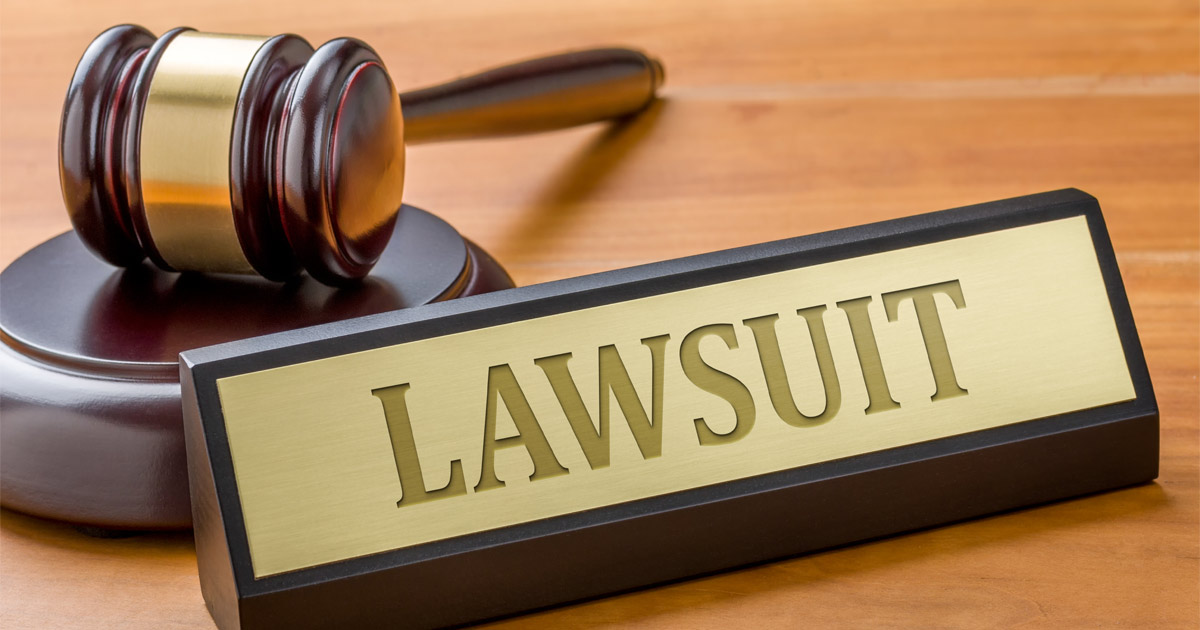
A hernia mesh implant is meant to help alleviate pain and symptoms for a patient who has a hernia. Hernias may not cause immediate pain or problems, but they can present risks if they are left untreated. However, if it is poorly implanted, it could lead to further health complications. Doctors suggest hernia mesh surgery to reduce daily pain and to mitigate future issues; however, the hernia mesh surgery can actually cause more harm in some cases.
A hernia is repaired by pushing the bulging tissue back into place and strengthening the abdominal wall with stitches and a mesh material. Surgeons rely on hernia mesh to reduce recovery time and the high recurrence rate of hernias. There have been no studies on the long-term effects of patients with hernia meshes.
According to the U.S. Food and Drug Administration (FDA), there are over one million hernia repairs a year and most of them involve using hernia mesh. Recent studies show 7.3 percent of hernia mesh repairs result in infection, meaning 73,000 Americans must return to hospitals for revision surgeries or additional treatments.
Some complications will arise within days of surgery, other problems will happen years later. A 2016 study found that 1,050 out of 3,242 patients experienced no complications for five years or more, before requiring revision surgery. According to the FDA, some hernia mesh complications include:
There are other symptoms that can arise shortly after surgery that indicate hernia mesh failure. These symptoms may cause bowel obstruction, hernia recurrence, infection, and the body’s rejection to the mesh. If these symptoms show up recently post-surgery, seek medical attention right away to determine if hernia mesh failure is the cause.
The most common types of hernia occur when weak spots in the abdominal way rupture and allow organs to slip through. In normal bodies, the tissue is meant to hold the organs in place. The result is a bulge on the patient’s body and other symptoms that are often painful or uncomfortable. Hernias do not go away on their own, which means that a patient suffering from a hernia will likely need surgery. Symptoms of a hernia include:
Occasionally, pain or discomfort is not caused by the hernia; however. there is a lump that can be felt around the pubic bone, where the abdominal wall has torn.
Some patients that have received defective mesh end up worse than they were prior surgery. Sometimes, a patient will require a second surgery and recovery process. Doctors have a duty to warn patients of possible dangers of the surgery. Filing a claim for compensation will cover unexpected costs caused by the faulty hernia mesh.
The FDA’s clearance program does not require human clinical trials if manufacturers can prove the existence of similar products on the market. A faulty hernia mesh is considered a medical device claim commonly filed as a class action lawsuit because it affects many people. Once a certain amount of patients experience device failure, a defective medical product will be recalled.
Manufacturers have recalled hundreds of thousands of hernia mesh devices since the early 2000s. Currently, there are three medical device manufacturers that face almost 15,000 hernia lawsuits in three different class action lawsuits across the United States.
A manufacturer can be held liable for a personal injury when they breach their duty and an injury is directly caused by the manufacturer’s product. Liability can occur in one of two ways, negligence and or strict liability.
In negligence cases, a manufacturer fails to exercise reasonable care in its design, manufacture, packaging, or marketing phase. The focus of a negligence case is the manufacturer’s actions or lack thereof, how the actions or inactions breached a duty of care, and how the breach caused a personal injury.
Under a theory of strict liability, the manufacturer is guilty without the claimant or plaintiff having to prove the manufacturer failed to do something. To file a claim under strict liability, there must be an argument that the product was defective in some way. A defective product can materialize in three ways: design defect, manufacturing defect, or marketing defect. A lawsuit for an injury that was caused by a defective hernia mesh must meet all three of these defects.
Manufacturers are not the only ones who can be held liable for a product, including a hernia mesh medical device. Any person or entity along the chain of distribution of the mesh product can be held liable, depending on the facts and circumstances. A lawyer can help a victim identify all persons or entities that may be liable jointly or severally for the injuries caused by the mesh implant. Here are examples of other persons or entities that can be held liable for defective hernia mesh products:
A victim should gather all necessary medical documents, and have dates in order of when the surgery took place, when symptoms started post-surgery, what the symptoms are, and points of contact from the medical team. These pieces of information will be important when speaking to a lawyer about a possible case. The lawyer will review the facts of the case and explain the options to their client.
If you are suffering from a defective hernia mesh implant, then you need to contact a Philadelphia defective medical device lawyer at Brookman, Rosenberg, Brown & Sandler. A hernia mesh implant is supposed to help prevent a hernia, but it can lead to a patient experiencing further health complications. This can lead to more expenses for the patient, including medical bills and lost wages. For a free consultation, contact us online or call us at 215-569-4000. Located in Philadelphia, we proudly serve clients throughout New Jersey and Pennsylvania, including Delaware County, Chester County, and Philadelphia County.